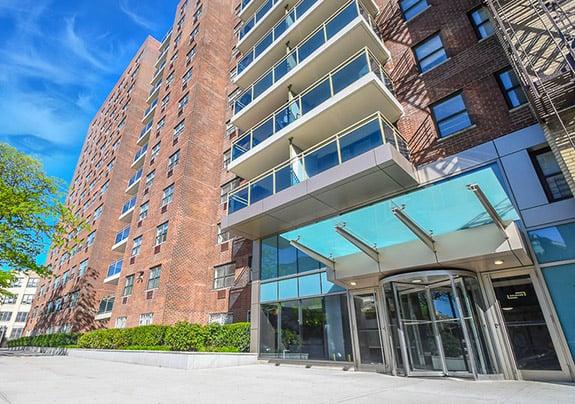Securing MDU Web Traffic Via Robust Cryptographic Protocols for Safeguard User Confidentiality and Data Integrity
Securing MDU Web Traffic Via Robust Cryptographic Protocols for Safeguard User Confidentiality and Data Integrity
Blog Article
In today’s digital landscape, protecting internet data is increasingly crucial than ever, especially in Multi-Unit Buildings (MDUs) such as apartment buildings and condominiums settings. These environments frequently have many residents sharing the identical internet service, which can result to potential safety threats. To ensure that residents' confidentiality and data security are protected, it is essential to adopt robust encryption standards. Encryption is a technique that encodes data, making it inaccessible to anyone who do not have the appropriate key to decrypt it. This process aids keep personal data safe from cybercriminals and unapproved users.
A of the most widely used encryption standards is SSL Socket Layer (SSL) and its successor, TLS Layer (TLS). These protocols establish a protected connection between a resident's system and the web, ensuring that any information transferred stays private. When tenants in an MDU use websites that utilize SSL/TLS, their private information, including login credentials and payment billing numbers, is encrypted. This means that even when someone tries to capture the information, they would only see a jumble of characters and digits, making it nearly unfeasible to understand. By promoting the adoption of such protocols, MDUs can significantly improve the safety of their tenants' online activities.
A further crucial coding method is Virtual Secure Tunnel (VPN) technology. A VPN establishes a secure tunnel for internet traffic, which safeguards individuals from invasive observers, especially when using public Wi-Fi networks. In an MDU, in which many residents may connect to the same service, using a VPN can help ensure that individual internet activities stay confidential. This is especially crucial for activities such as internet transactions or retrieving sensitive data. By encouraging the use of VPNs among tenants, MDUs can foster a more secure online environment and assist safeguard against data breaches.
Alongside these coding methods, it is essential for MDUs to educate their residents about the significance of online security. Numerous people may not be aware of the risks linked with utilizing shared web services. Offering resources on how to identify phishing attempts, the necessity of strong passwords, and the advantages of using encrypted sites can enable residents to take control of their online security. Workshops or informational sessions can be effective ways to raise awareness and encourage best habits check over here for online security.
Finally, MDUs should think about collaborating with internet provider companies (ISPs) that emphasize security and offer advanced coding features. By partnering with ISPs that implement robust encryption protocols, MDUs can ensure that their tenants have availability to secure internet connections. This partnership can result to improved overall security for the whole complex, as well as increased trust among residents. By taking these measures, MDUs can create a safer internet environment, protecting resident privacy and information integrity in an increasingly interconnected world.